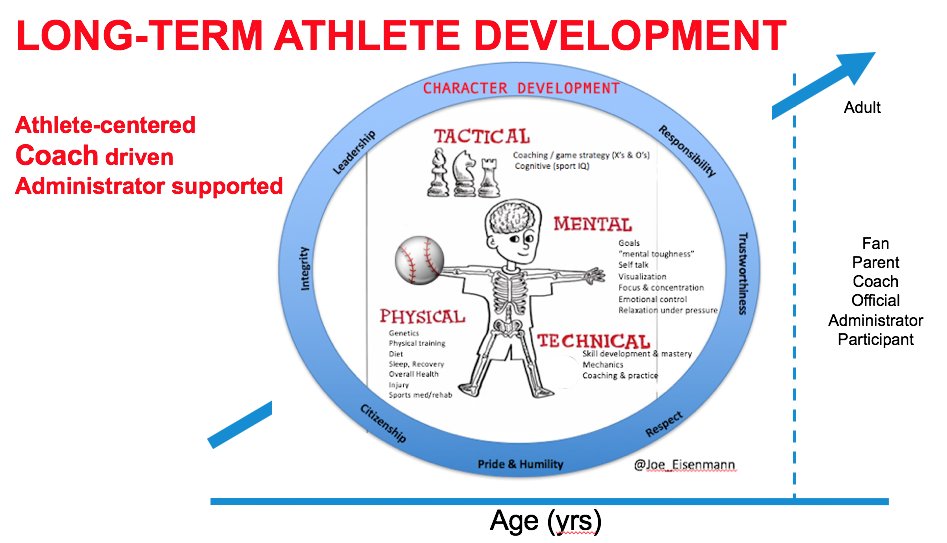I would first like to express my appreciation to Dan Leever and Ski Racing Media for initiating this essential conversation about how the U.S. Ski Team can live up to its vision: “Best in the World.” I would also like to thank Dan and SRM for giving me the opportunity to contribute to this exchange of ideas in the area of my passion and expertise, namely, the psychological aspects of world-class ski racing performance.
I’ve been involved in our sport for more than 50 years (yikes!), first as an internationally ranked competitor and, for the last 35-plus years, specializing in the psychology of ski racing. During that time, I have seen the U.S. Ski Team rise to remarkable heights and fall the great depths. And throughout its history, the USST has sought to identify all of the pieces of the ski-racing success puzzle that would lead our country to the top of the alpine ranks alongside, at various times, Austria, Norway, Switzerland, Germany, Italy, France, and Sweden. I truly believe that the collective passion, knowledge, and experience of the many stakeholders in our sport and an open and honest dialogue such as Dan has begun here can help us find those crucial pieces of the puzzle that will take us to the top of the mountain, metaphorically speaking, and down to the bottom faster than any country in the world.
 With all that said, over the next month or so, I will be sharing a series of articles that explore why and how the psychology of ski racing performance should be a part of this important conversation. Just as U.S. ski racing is looking for the “secret sauce” for on-snow volume and intensity, technical and tactical development, physical conditioning, nutrition, and other contributors to our sport, I believe that mental training is another fundamental area that must be addressed in a systematic way to fully develop a large number of athletes who are prepared for consistent success on the world stage.
With all that said, over the next month or so, I will be sharing a series of articles that explore why and how the psychology of ski racing performance should be a part of this important conversation. Just as U.S. ski racing is looking for the “secret sauce” for on-snow volume and intensity, technical and tactical development, physical conditioning, nutrition, and other contributors to our sport, I believe that mental training is another fundamental area that must be addressed in a systematic way to fully develop a large number of athletes who are prepared for consistent success on the world stage.
Consider the vital importance of the mind in ski racing. Motivation, confidence, intensity, focus, emotions, resilience, adaptability, patience, perseverance, coachability, attitude, collaboration, the list goes on. Yes, these mental “muscles” can develop on their own with individual athletes. At the same time, like any muscle, mental muscles will get their strongest fastest if trained in a systematic and consistent way from an early age. There are several benefits to pursuing this course of action. Such an approach would increase the chances of otherwise talented ski racers who lacked the inherent or self-developed mental strength to realize their fullest abilities. A programmatic approach to mental training would also impact the team culture, creating a team that is collectively imbued with these same mental capabilities. Along with this shared mental strength, whether an academy, club, or the USST, as the saying goes, a rising tide lifts all boats.
Importance of Mental Training in Ski Racing
Over my years of professional involvement in ski racing, I’ve asked 1000s of racers, coaches, and officials this key question: How important is the mental side of ski racing compared to conditioning and technique? The results of this informal survey indicate that 99% of respondents believe that the mind is as or more important.
 Consider the top-10 racers, male or female, on the World Cup. Are they all gifted? Yes. Are they all in exceptional physical condition? Yes. Are they all technically sound? Yes. Do they all have the best equipment? Yes. So, on race day, what separates Henrik and Alexis or Mikaela and Petra from the rest of the field? All of these other factors being equal, it must be what goes on in their minds. Yet, when I ask these same racers and coaches how much time and energy is devoted to mental preparation, they indicate not very much and certainly not as much as it deserves.
Consider the top-10 racers, male or female, on the World Cup. Are they all gifted? Yes. Are they all in exceptional physical condition? Yes. Are they all technically sound? Yes. Do they all have the best equipment? Yes. So, on race day, what separates Henrik and Alexis or Mikaela and Petra from the rest of the field? All of these other factors being equal, it must be what goes on in their minds. Yet, when I ask these same racers and coaches how much time and energy is devoted to mental preparation, they indicate not very much and certainly not as much as it deserves.
One thing we can all agree on is that the mind is an essential piece of the ski-racing performance puzzle that is largely neglected at both the individual and organizational levels. And therein lies a powerful opportunity for U.S. ski racing.
Current Commitment to Mental Training in U.S. Ski Racing
Across the different levels of development in U.S. ski racing, conditioning and on-snow training consumes a disproportionately greater amount of time, resources, and staffing than does mental training. The typical commitment of time devoted to the former is three-to-six hours a day. The typical commitment of time to mental training is close to zero. A few years back, I learned that the budget for mental training of one national team was about six percent of the conditioning budget. While the USST and every ski academy and club have full-time technical and conditioning coaches, none have full-time mental coaches. Moreover, when mental training is offered, its presence is vastly different from the physical conditioning and technical regimens that racers benefit from (more on that in a later article). In all cases, I’m not arguing that mental training should be on equal footing as conditioning and on-snow training. At the same time, given the professed importance of mental training in the U.S. ski racing community, some movement toward parity would seem reasonable.
Based on feedback I have received in recent years from the many USST athletes I’ve worked with, consultants have sporadic contact with the athletes and it is focused primarily on individual athletes. Moreover, there is no mental training performance model, no programmatic progression or consistency, little incorporation of mental training into physical conditioning or on-snow training, and limited integration of mental training into the overall athlete development program (I’m open to being corrected if this information is inaccurate).
Current State of Mental Training in Other Ski Teams and Sports
My above observations aren’t intended as criticisms of the USST. The reality is that no national team has figured out how to systematically and effectively incorporate mental training into their country’s long-term athletic development program. I have had discussions with performance directors and coaches from most of the leading alpine countries and the message has been the same: They haven’t been able to fit mental training into their development systems, so the European teams generally leave athletes to their own devices when it comes to mental training.
This hands-off approach is, however, at odds with the best practices found in other sports. For example, more than 75% of NCAA Division I athletic departments have full-time sport psychologists (who address both performance and mental health issues). Almost every NFL, MLB, and NBA team has a full-time mental coach. And, not surprisingly, Red Bull has a full-time staff of sport psychologists doing what Red Bull does in everything it invests in, namely, push the envelope of conventional wisdom and practices in athletic development.
I would suggest that the situation that I’ve just described offers U.S. ski racing an incredible opportunity to lead and innovate in an area that other nations haven’t and to provide that piece of the puzzle that everyone in our sport says is so important, yet has not been fully leveraged. My ultimate goal is to help U.S. ski racing to fulfill its vision by encouraging the development of a world-leading mental training program which is fully integrated into its overall athlete development system from junior programs up to the top of the USST and that develops athletes who are comprehensively prepared for success at the highest levels of ski racing.
In my next article, I’ll explore some of the challenges and obstacles that are preventing mental training from making the contributions it can to the development of ski racers in the U.S. and offer some ideas about how that can be accomplished.
Want to make mental training a part of your fall prep period? Take a look at my online mental training courses.







